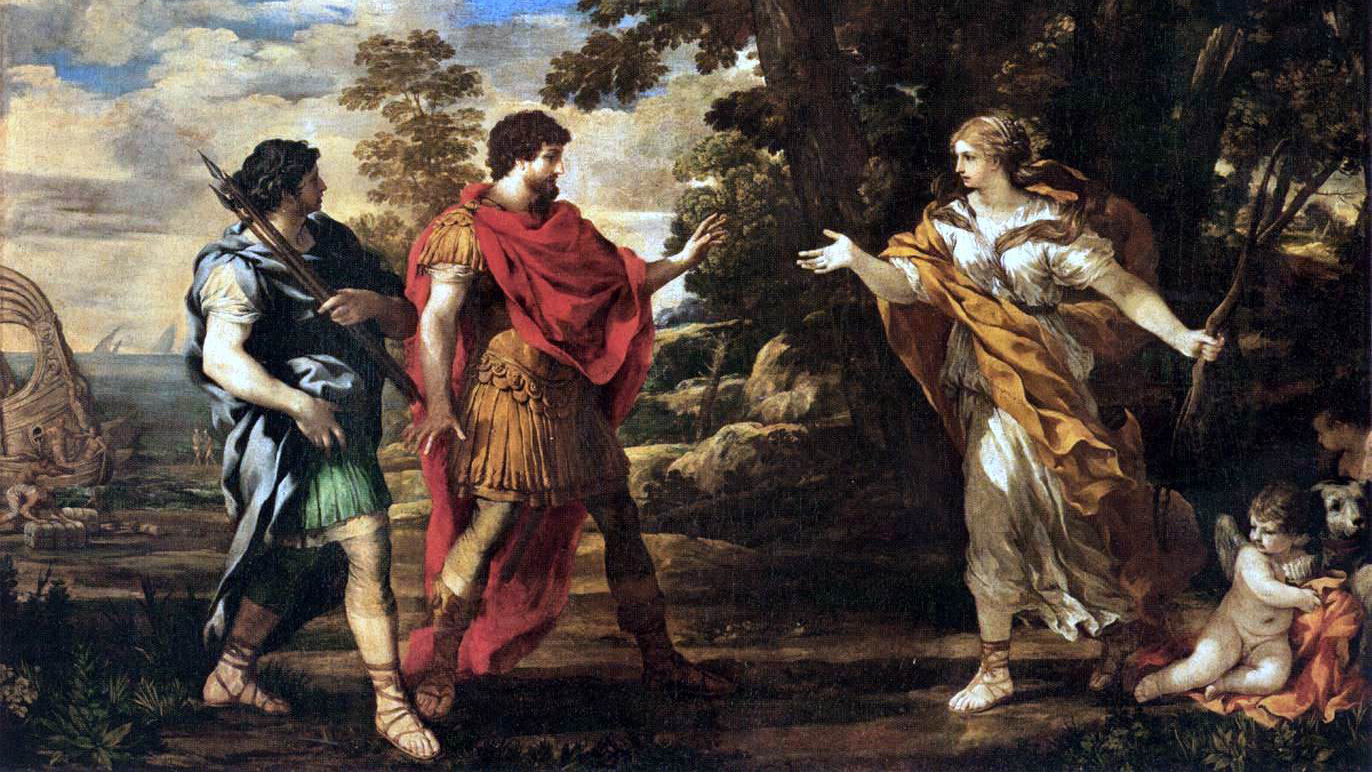Sing to me, o Muse, of fictional men who give us hope for the future of masculinity.
When you grow up coded female, you get used to thinking of yourself as the other. You are rarely at the center of the story. The heroes are the ones who smoke and use guns and have sex under circumstances of dubious consent. (James Bond. I’m talking about James Bond on that last one.) But every now and then, as a non-dude on this Earth, a male protagonist will slip through the cracks whose heart I recognize as my own heart.
In this series, I’m going to tell you about six of these men. They are my special guys and if you have anything rude to say about them, please step outside, because I do not tolerate that in my house.
I have been wanting to write this series for a long time, but I felt blocked by an obligation to do right by it. I felt like I should plot out just the right words to explain to you why these boys are the best boys. But here’s the thing: What I feel here is pure emotion. An unfettered swelling of the heart.
I was only able to begin to put a word to it in high school, when I read the Aeneid.
The Aeneid is the story of Aeneas, a Trojan soldier who becomes a refugee after the war that destroys his home. Virgil tells us that Aeneas is a man of great pietas. This is the part where your Latin teacher tells you that pietas is an untranslatable word. It means piety, yes, but it also means a sense of duty, a commitment to honoring obligations, a form of faith deeply rooted in family and identity.
I submit that one translation of pietas is nontoxic masculinity. Another translation: pietas is the intangible thing in a male character to which my spirit reacts. It is my very favorite trope, my favorite trait.
Pietas is the reason Aeneas found an electric connection to my heart. Pietas is what animates Aeneas to start his life over after the Trojan War, carrying his father and the household gods on a journey with no known destination. Aeneas’s first act in the story – his most remarkable act – is not giving up. We are meeting him after the worst days of his life, and it’s just his beginning.
And yet Aeneas grieves his home and his people. That sadness follows him on his journey, even as his goddess mother, Venus, assures him he will do great things. Part of a sense of duty is living with the shadow loss casts over life. If Aeneas didn’t mourn his city, he didn’t really love it. Grief is something you carry with you, like a cherished heirloom. Aeneas understands that.
“Forsan et haec olim meminisse iuvabit,” Aeneas tells his followers, reflecting on the dark times they’re sharing. “Perhaps one day it will be helpful to remember even these things.”
When Aeneas says helpful, he means helpful to the heart. A memory that heals.
As a teenager bearing the onslaught of depression, I saw in Aeneas a sibling. Since then, I’ve pursued every opportunity to spend time with him. In college I took any class that had the Aeneid on the syllabus, almost retroactively choosing my major (Ancient Studies) to accommodate. His imprint on me lasts to this day.
The aching melancholy of the Aeneid, ostensibly a story of triumph and imperialism, is exactly what makes it beautiful. Aeneas’s ultimate success comes only through loss and sacrifice, and he looks the pain and consequences of these events in the face. He is, to me, a progenitor of a better way to be a man, to be human.
Sadness is not weakness. Carry that with you as you persist. As Venus tells Aeneas, perge modo – continue this course.
Featured image: “Venus as Huntress Appears to Aeneas,” by Pietro Da Cortona.

